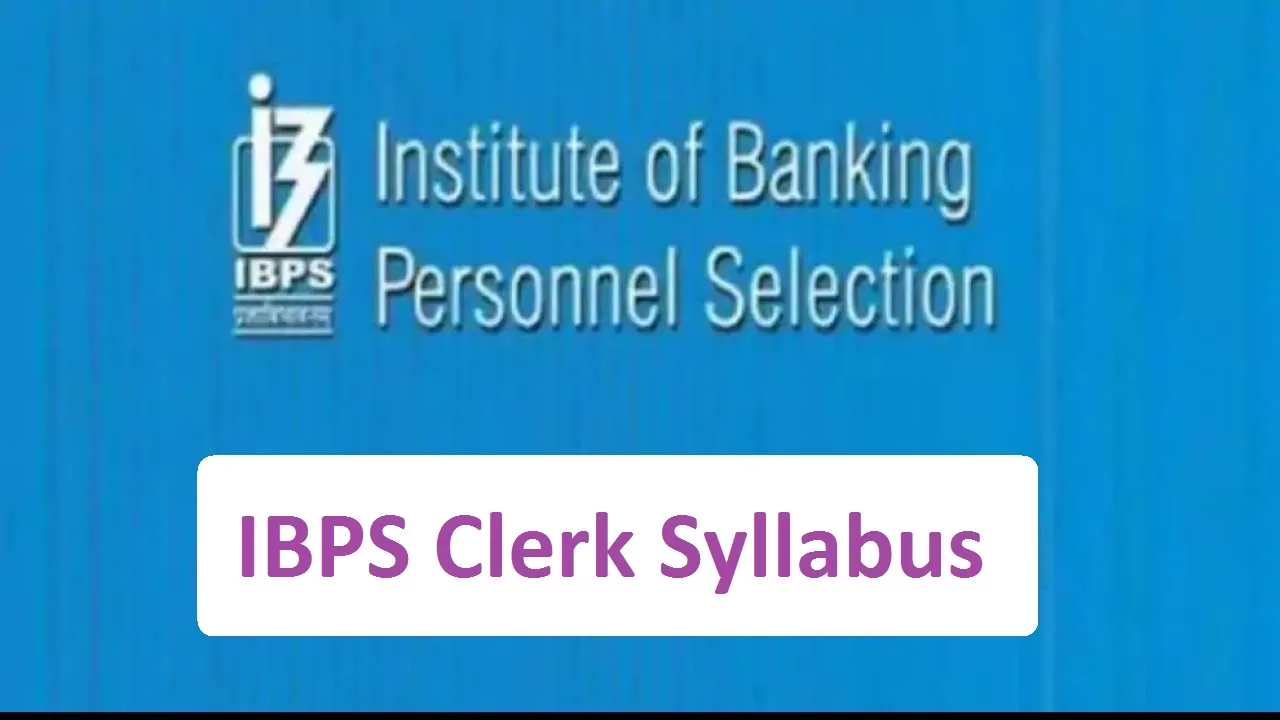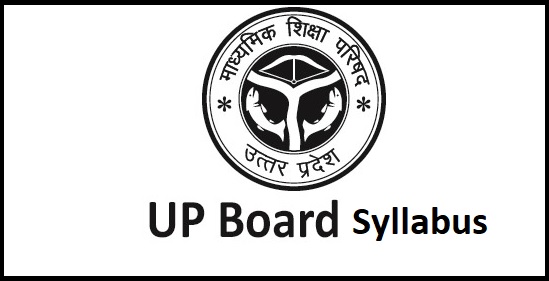CBSE Class 12 Entrepreneurship Syllabus 2024-25 (Latest Syllabus PDF)

This article contains CBSE class 12 Entrepreneurship syllabus 2024-25. We have updated the new CBSE class 12 syllabus for Entrepreneurship. The latest CBSE class 12 syllabus for Entrepreneurship has been updated now.
The Central Board of Secondary Education has included Entrepreneurship in CBSE class 12 curriculum in order to encourage Entrepreneurial mindset among Higher Secondary School children.
CBSE Class 12 Entrepreneurship Syllabus 2024-25
| S.No. | Unit | No. of Periods | Marks |
| Unit 1 | Entrepreneurial Opportunity | 40 | 30 |
| Unit 2 | Entrepreneurial Planning | 40 | |
| Unit 3 | Enterprise Marketing | 40 | 20 |
| Unit 4 | Enterprise Growth Strategies | 20 | |
| Unit 5 | Business Arithmetic | 40 | 20 |
| Unit 6 | Resource Mobilization | 20 | |
| Total | 200 | 70 | |
| Project Work | 40 | 30 | |
| Total | 240 | 100 |
| Unit 1: Entrepreneurial Opportunity 40 Periods | |
| Competencies: Scanning the environment; Analytical and logical thinking; Innovation and creativity; Decision making; self-
confidence. | |
| Contents | Learning Outcomes |
| · Sensing Entrepreneurial Opportunities
· Environment Scanning · Problem Identification · Idea fields · Spotting Trends · Creativity and Innovation · Selecting the Right Opportunity | After going through this unit, the student/ learner would be able to:
· Comprehend the concept and elements of business opportunity · Discuss the process of sensing opportunities · Understand the need to scan the environment · Enlist the various forces affecting business environment · Identify the different idea field |
| · Understand the concept of opportunity and market assessment
· Appreciate the ways in which trends can be spotted · Understand the process of creativity and innovation · Transform ideas into business opportunities | |
| Unit 2: Entrepreneurial Planning 40 Periods | |
| Competencies: Analytical and critical thinking; personal responsibility; determination; Resourceful; collaboration | |
| Contents | Learning Outcomes |
| · Forms of business organization- Sole proprietorship, Partnership, Company | After going through this unit, the student/ learner would be able to:
· Recall the meaning of the various forms of business organization · Understand the characteristics of the various forms of business organization · Understand the difference between a Public and Private Company · Appreciate the reasons for a private company being more desirable · Appreciate theconcept and importance of a Business Plan · Describe the various components of Business plan · Differentiate among the various components of Business plan · Develop a Business Plan |
| · Business Plan: concept, format. | |
| · Components: | |
| Organisational plan; | |
| Operational plan; | |
| Production plan; | |
| Financial plan; | |
| Marketing plan; | |
| Human Resource plan | |
| Unit 3: Enterprise Marketing | 40 Periods |
| Competencies: Persistence, Negotiation, Collaboration, Ethical behavior, team spirit; | |
| Contents | Learning Outcomes |
| · Marketing and Sales Strategy
· Branding, Logo, Tagline · Promotion Strategy | After going through this unit, the student/ learner would be able to:
· Discuss the various marketing strategies used in a business · Explain Marketing Mix. · Understand the concept of Branding, Packaging and Labeling · Describe the various methods of Pricing · Discuss the various factors affecting the channels of distribution · Understand the concept and types of sales strategy · Discuss different tools of promotion · Appreciate the objectives and different modes of Advertising · Understand the concept of personal selling, sales promotion, public relations · Discuss the various techniques of sales promotion |
| Unit 4: Enterprise Growth Strategies 20 Periods | |
| Competencies: Need for achievement, Initiative, Analytical thinking, risk vs reward, collaboration, synergy, leadership, | |
| Contents | Learning Outcomes |
| · Franchising: Concept and types
· Franchising: Advantages and limitations to franchisor and franchisee. · Mergers and Acquisition: Concept, reasons and types. · Reasons for mergers and acquisitions | After going through this unit, the student/ learner would be able to:
· Understand the concept of growth & development of an enterprise · Discuss the concept, types, advantages and limitations of franchising · Appreciate growth of business through mergers and acquisitions · Discuss the different types of mergers and acquisitions · Discuss the reasons for mergers and acquisitions |
| Unit 5: Business Arithmetic 40 Periods | |
| Competencies: Arithmetic skills, critical analysis, decision making, self-confidence, problem solving. | |
| Contents | Learning Outcomes |
| · Unit of Sale, Unit Cost for multiple products or services
· Break even Analysis for multiple products or services · Computation of Working Capital · Inventory Control and EOQ · Return on Investment (ROI) and Return on Equity (ROE) | After going through this unit, the student/ learner would be able to:
· Understand the concept of Unit Cost and Unit Price · Calculate Break-even point for Multiple products and services. · Understand the concept of Inventory Control · Compute the working capital of a business. · Calculate Return on Investment; Return on Equity and Economic Order Quantity |
| Unit 6: Resource Mobilization 20 Periods | |
| Competencies: Risk taking, Communication, Persuasion, Networking, Ethical behavior | |
| Contents | Learning Outcomes |
| · Capital Market: Concept
· Primary market: Concept, methods of issue · Angel Investor: Features · Venture Capital: Features, funding. | After going through this unit, the student/ learner would be able to:
· Understand the need of finance in Business · Discuss the various sources of funds required for a firm · Understand the ways of raising funds in primary market · Appreciate the Angel Investors and Venture Capitalists as a source of business finance. |
PROJECT WORK: Students have to do TWO projects in the entire academic session.
Prescribed Books
- Entrepreneurship – Class XI- C.B.S.E, Delhi
- Entrepreneurship – Class XII – C.B.S.E., Delhi
- Udyamita (in Hindi) by Dr. MMP. Akhouri and S.P Mishra, pub. By National Institute for Entrepreneurship and Small Business Development (NIESBUD), NSIC-PATC Campus, Okhla
List of Prescribed Magazines
- Udyamita Samachar Patra (Monthly, Hindi), Pub. By Centre for Entrepreneurship Development, M.P. (CEDMAP), 60 Jail Road, Jhangerbad, Bhopal-462008.
- Science Tec. Entrepreneur (A Bi Monthly Publication), Centre for Entrepreneurship Development, M.P (CEDMAP), 60 Jail Road, Jhangerbad, Bhopal -462008
- Laghu Udhyog Samachar
- Project Profile by DCSSI
Check- CBSE class 12 Entrepreneurship syllabus pdf
Check– CBSE syllabus


